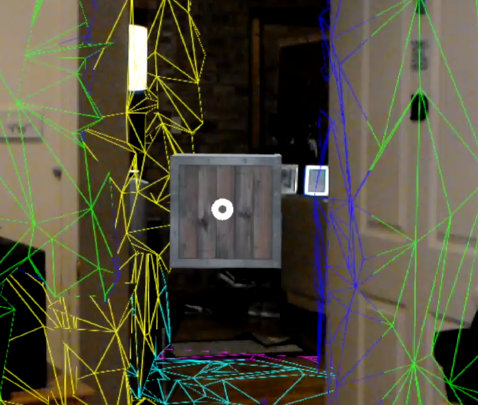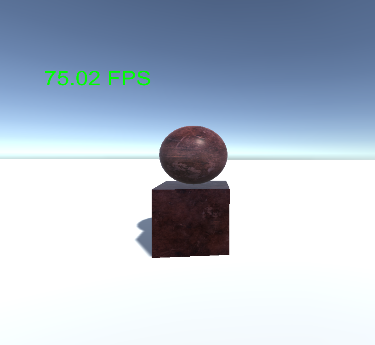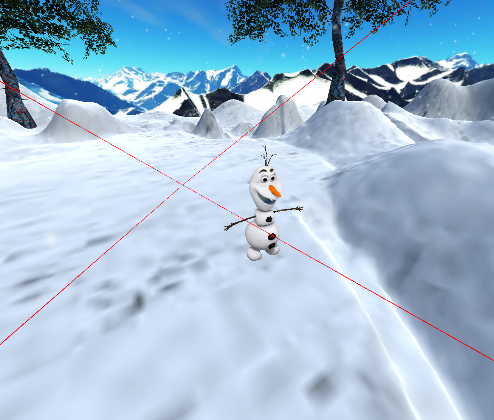Category
Unity3d
Mesh Effects – HoloLens Shader Pack There are a lot of HoloLens apps on the store, and there are just about as many spatial mesh visual effects. So this week I wanted to explore some of them. Basically, the… Continue Reading →
“Plans are useless, but Planning is indispensable” Thanks Dwight D. Eisenhower, you nailed it. So it turns out I was overly ambitious to think I could explore all the features of a new platform like Hololens in a single week. Even… Continue Reading →
So much for trying to deep dive into the Hololens in a single week. Here we are another week on and we haven’t even started looking at one of the most important features of Hololens – the ability to understand… Continue Reading →
Welcome to 11 weeks to go in the Hololens Unity3d app contest! If you recall my first post last week then this week is about learning all the technical features in the Hololens. I want to explore all the capabilities… Continue Reading →
ARKit is just wow: Check out many more examples here on twitter: @madewithARKit Quick History of Mobile AR Whilst mobile Augmented Reality solutions have been around now for years, mostly thanks to OpenCV (and one of its the hugely popular derivates… Continue Reading →
I was working recently on a GoogleVR Cardboard project where they printed their own custom Cardboard headsets and bulk mailed them out to invited guests. As you may or may not know, each Google cardboard physcial headset could be manufactured with different specifications… Continue Reading →
One of the cool features of GoogleVR Cardboard apps is that you can switch from normal mode to VR mode as necessary letting your app bridge the best of both mobile and VR. It can definitely lesson the development burden also having… Continue Reading →
Today’s post isn’t directly related to VR, but it is a technique I use in all the VR apps I build in Unity3d which produces cleaner code. It’s very common to have code that is waiting to receive an event… Continue Reading →
As the VR industry starts to grow, people are exploring new capabilities with VR technology. One of the key limitations is generally the systems are designed to track a single user within a small space (typically 4m x 4m). An exciting… Continue Reading →
The Oculus Tracker is an infrared camera that tracks the position of the Oculus Rift and Oculus Touch devices relative to it’s own location. It can be quite handy to be able to display the location of the camera within… Continue Reading →
Welcome! What an exciting time for Virtual Reality. Today I’m going to show you how to build your own VR application for the Oculus Rift from scratch! Whether you are brand new at developing an app – or you are a… Continue Reading →
As VR developers we almost all need a UI system where the user can look at something and action it, such as a button. With Unity’s new UGUI (in 4.6 and 5) it finally makes it easy to build great world-space… Continue Reading →
Here is a quick and easy script to enable viewing a FPS counter on the Oculus Rift and GearVR using Unity UGUI. Follow these steps: RIght Click on your VR Camera (or Center Eye Camera) and create a UI->Canvas. Set… Continue Reading →
Visualizing the VR tracking space is useful when designing an experience to know the player is going to be in a reliable tracking location. Unity 5 VR doesn’t yet have a way to access the tracking space. I assume that… Continue Reading →
When I start a new VR project in Unity 5 I always map the Recenter function to both the ‘R’ key and the XBox Controller Right Joystick button (which is the stick for rotating the user). It does not need… Continue Reading →














Recent Comments